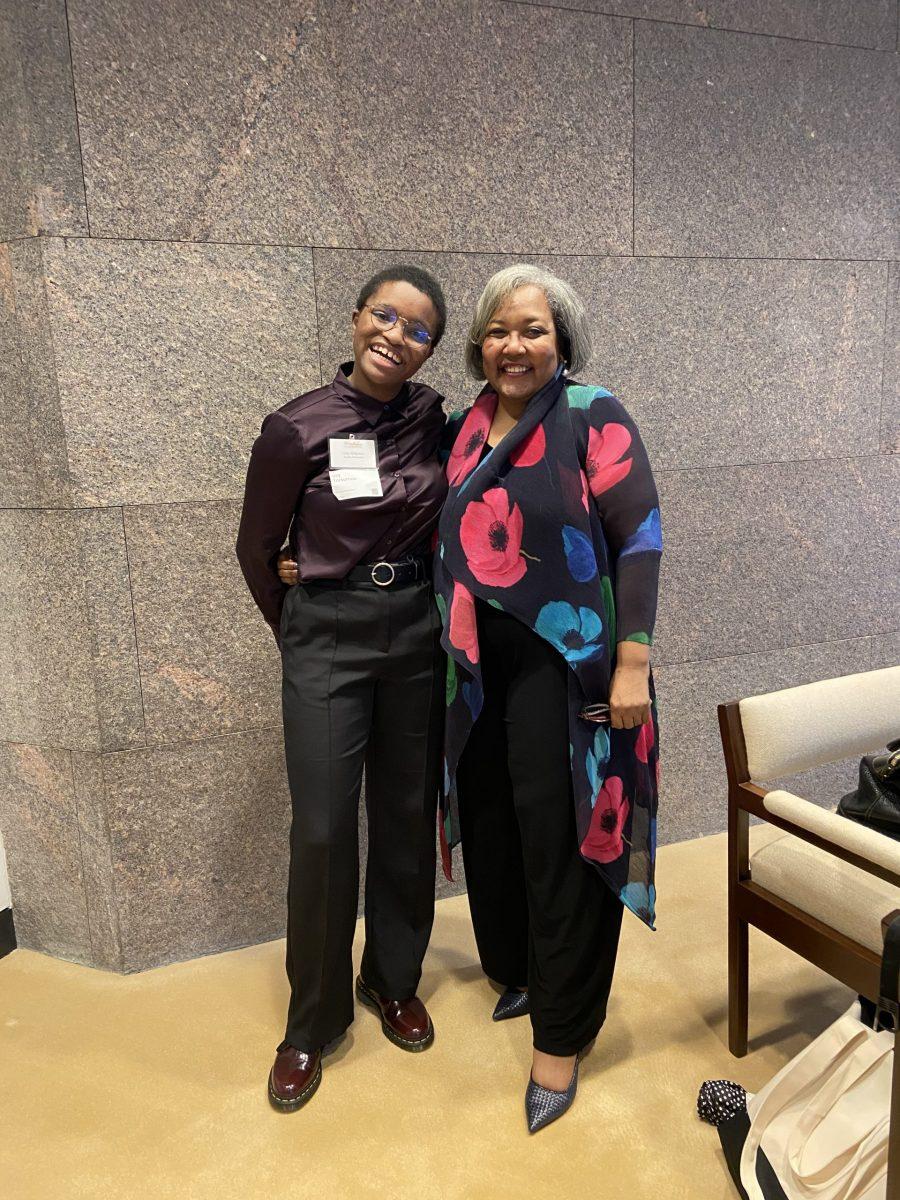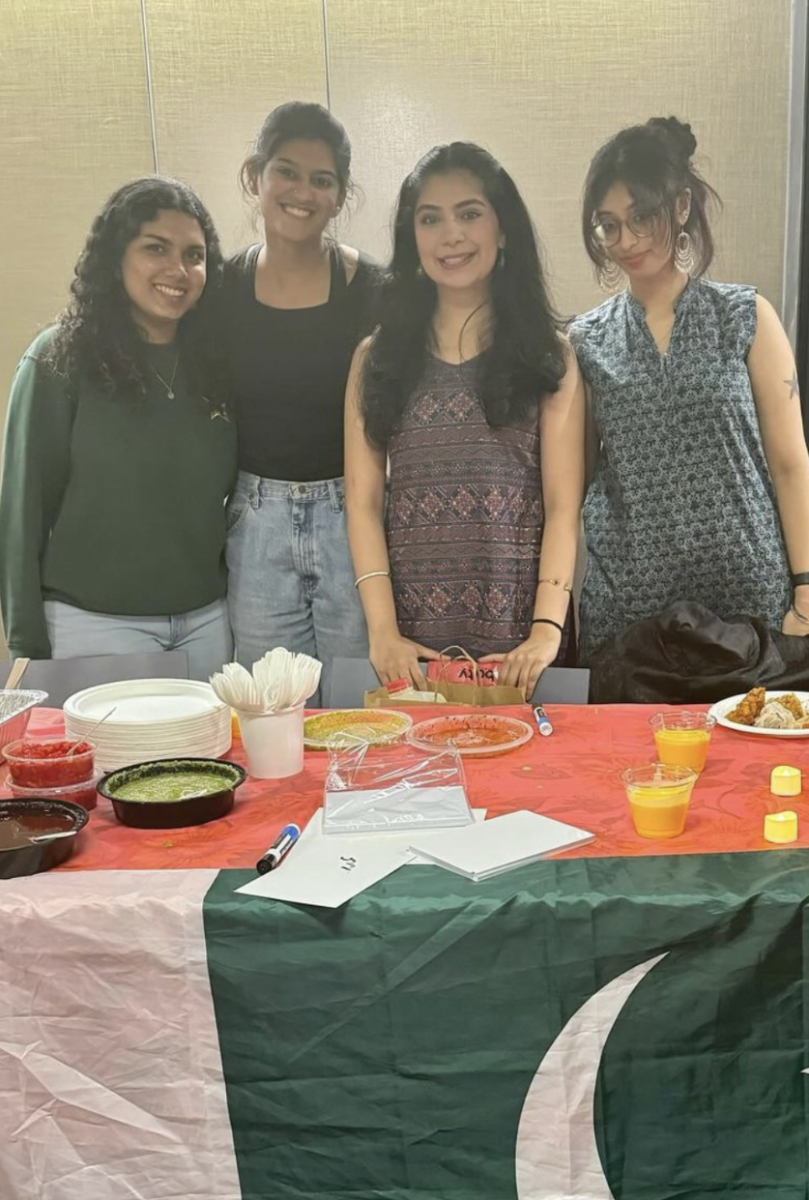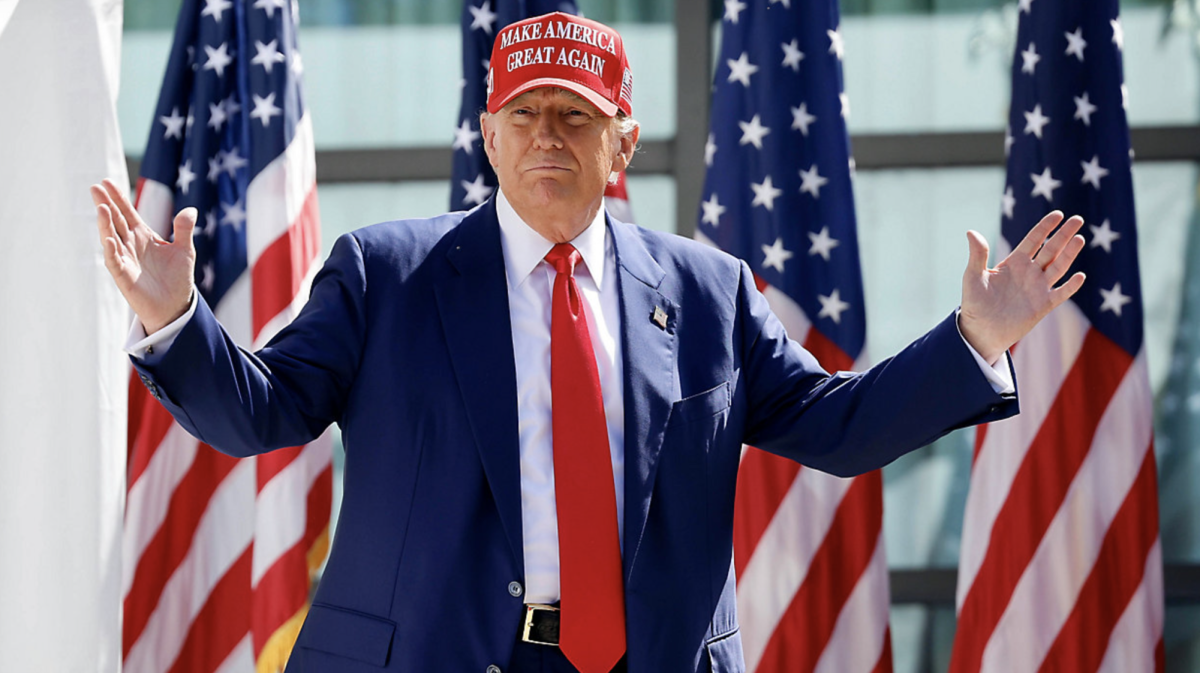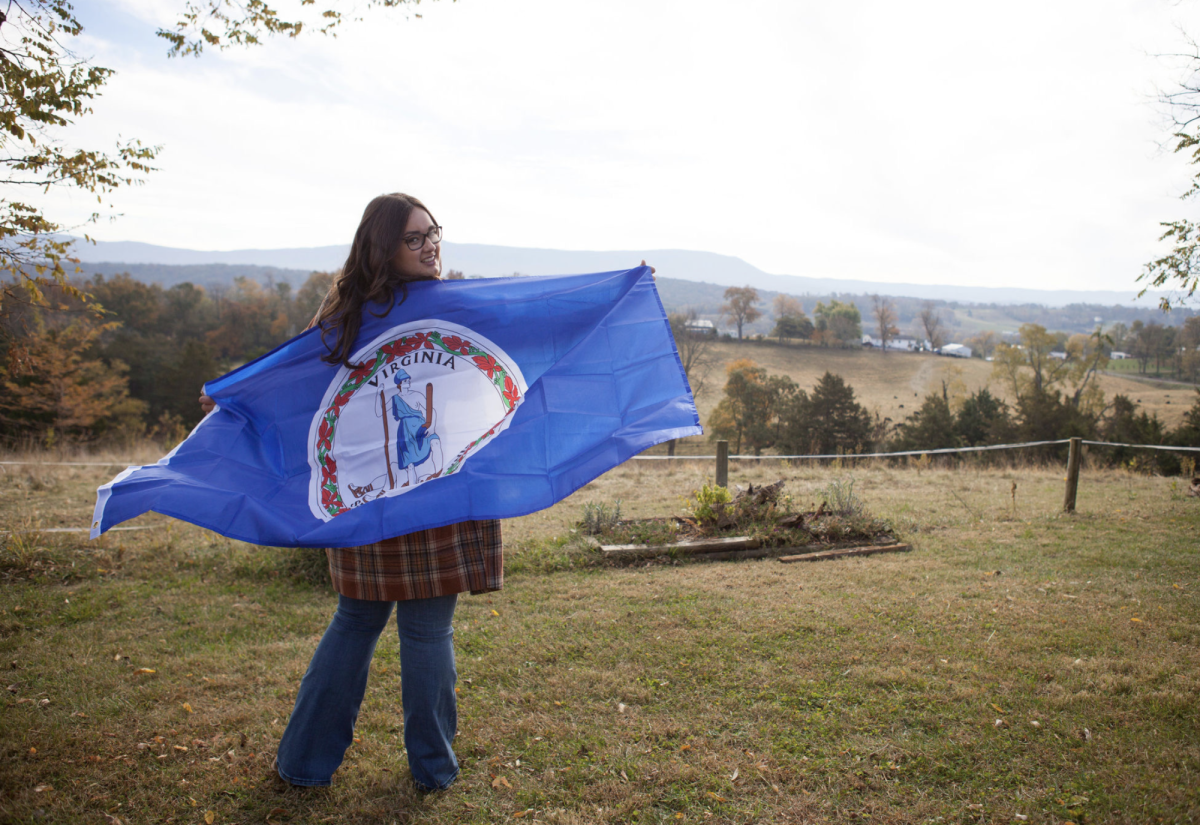In Spring 2021, Professor Liseli Fitzpatrick contacted librarians Karen Storz and Sarah Moazeni about adding a new subscription to Wellesley’s databases: the HistoryMakers Digital Archive, a collection of almost 3,000 African American “HistoryMakers,” one of the nation’s largest collections of African American oral histories. She thought the archive was a much-needed addition to Wellesley’s databases to further inclusivity at Wellesley.
“I introduced the HistoryMakers Digital Archive to the College as part of my impassioned vocation to humanize, diversify and harmonize the complexion and tone of the curriculum and to undo the perils of Western miseducation from within the walls of the academy,” she said. “The African continent is the birthplace of humanity and cradle of civilization. African peoples, therefore, have been the progenitors of the spoken and written word. Sadly, through the harrowing passages of slavery and colonialism, the dynamic lives, stories and revolutionary contributions of African peoples have been maligned, misrepresented and underrespresented across Western media and institutions of learning.”
Professor Fitzpatrick discovered The HistoryMakers through someone featured in the archive — Val Gray Ward, an artistic director, cultural activist and producer. Ward is a lifelong mentor of Julieanna Richardson, the archive’s founder and president. Professor Fitzpatrick met Richardson at Ward’s 89th birthday, prompting Professor Fitzpatrick to encourage Wellesley to subscribe to the database. Professor Fitzpatrick was also awarded the HistoryMakers 2022-2023 Faculty Innovations in Pedagogy & Teaching Fellowship.
“It is a robust pedagogical tool and centralized platform for documenting, amplifying, and preserving our-stories. The archive marries African indigenous pedagogies [of oral histories] with the evolution of digital technology, a powerful combination in the name and spirit of posterity,” she said. “Its interdisciplinary content and core objectives align with Wellesley’s mission to foster inclusive learning, teaching, and excellence.”
Izzy Torkornoo ’23 is a student ambassador for the archive for the 2022-2023 academic year and was encouraged to apply by Professor Fitzpatrick.
“I initially got involved with [the archive] through my application process for the position,” she said. “In terms of its initial interest on campus, it was all rooted in the Africana Studies department and what we knew to be true about the archive, which is that by having access to the largest digital archive of African American oral histories, you expand what the academy and elite institutions deem legitimate history.”
Torkornoo believes that the archive is uniquely powerful in expanding this idea of what is “legitimate history.”
“I’ve read research from incredible Black scholars that is absolutely vital and important. I’ve read research conducted about Black people and about Black communities,” she said. “But what is really revolutionary and life-giving about the HistoryMakers is you’re hearing people in their own words … you get access directly to their [stories] as primary and valid and legitimate history, when historically and intentionally that has been denied from Black people in this country.”
Torkornoo and Professor Fitzpatrick both believe that the archive has interdisciplinary value. Professor Fitzpatrick has included the archive in her classes, and Torkornoo believes that it is especially important for STEM courses, naming Dr. Vivian Penn ’63, a trailblazing doctor and educator, as an example of someone who could inspire students.
“I can’t stress enough that I think every department at Wellesley has a lot of room for the HistoryMakers. I think they should see it as something that is going to just elevate the level of academic experience that they can offer,” she said. “I really think that STEM departments on this campus could really use the HistoryMakers as a source, because what I have heard is sometimes there isn’t always room afforded for hearing narrative directly from Black people who have been ground-breaking in their fields.”
One of the stories that resonated most with Torkornoo was that of Willis Bing Davis, an artist and educator, who went to visit Gorée Island in Dakar, Senegal, which was the largest slave-trading center in West Africa. Davis spoke of how he realized the horrors his ancestors lived through, and that he was “a strong person from strong people.” This reminded Torkornoo of how her grandmother instilled this same strength in her.
“I’m a first-generation American from West Africa, and a big thing that has always been instilled in me, something my grandma, especially, has always been very adamant about, is that we as African people and people of African descent are valid, powerful, the originators, trailblazers and brilliant,” she said. “She is aware that that is not always acknowledged, but my grandma knows that that is the truth.”
Torkornoo also emphasized that she is available as a resource to any and every student on campus that wants to learn more about the archive and centering Black voices.
“I want us all to commit to making the longevity of the history makers on this campus a top priority,” she said. “When we talk about equitable learning and inclusion, we’re committing to really centering Black people and Black students and their narratives. Centering [these] oral histories is one of the necessary steps in ensuring that our spaces do just that.”






